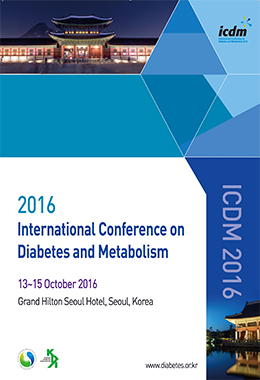Objective: We assessed the effect of bariatric surgery on mRNA expression of genes regulating fatty acid metabolism in abdominal subcutaneous fat of obese women.
Methods: A total of 23 obese women (BMI 42 kg/m2) undergoing surgery and 15 controls participated in this study. Oral glucose tolerance test (OGTT), biochemical measurements and abdominal subcutaneous fat (SC) biopsies were assessed before and 6 months after surgery and once for controls. SC distribution was assessed with MRI and free fatty acid uptake (FAU) measured with PET and 18F-FTHA tracer. Genes related to fatty acid metabolism was analyzed using illumina truseq technology.
Results: Six months after surgery, subjects lost 23% (P < 0.001) of their body weight. Compared to preoperative values, fasting and 2-hour plasma glucose decreased but plasma FFA levels were unchanged. There was no difference in baseline FAU in SC of obese compared to controls. Post-surgery, FAU per whole SC depot decreased significantly mainly due to decreased fat mass, as FAU per 100g tissue did not change (NS). Baseline expression of Elovl6 was higher in SC of controls compared to obese (P < 0.001). Compared to before surgery values, Elovl6 was highly expressed in SC after surgery (P = 0.01). The increase in expression of Elovl6 correlated positively with the decrease in FAU per whole SC depot (r = 0.53, P = 0.01) and with the decrease in glucose levels after 2-hour OGTT (r = 0.50, P = 0.01). There were reduced mRNA expressions of ACOX2, ADIPOR2, AGPAT1, AGPAT3, CPPED1 and Elovl1 (all P ≤ 0.05), and SCD expression increased (P < 0.01) after surgery but these changes did not associate with FAU ><0.01) after surgery but these changes did not associate with FAU.
Conclusion: Elovl6 gene is important for energy metabolism and insulin sensitivity. Here, we found that decrease depot fat volume may increase mRNA expression of Elovl6 which may be related to the increased glucose clearance observed in obese women after surgery.




